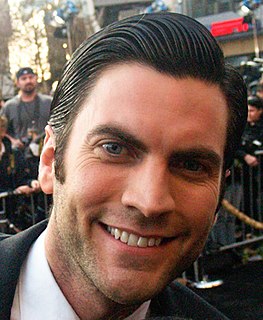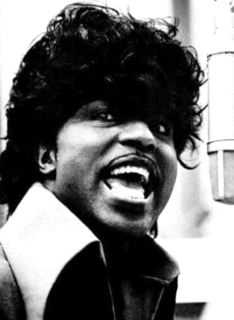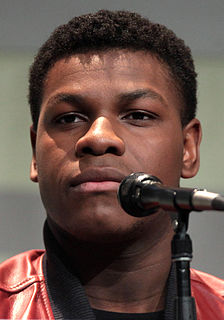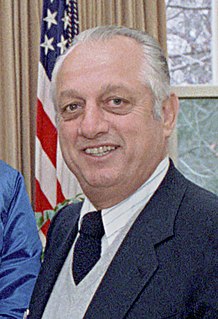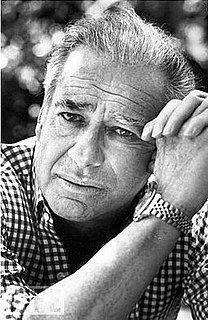A Quote by Wes Bentley
A lot of actors like to get themselves worked up, and I think from what I saw from Mr. Redford, he goes the other way. He relaxes into it.
Related Quotes
I think that for a lot of actors - especially American actors - to get line readings and to be told and have your director literally act out the part for you is sort of discouraging in a way. It's a very Eastern European thing to do - a lot of directors that I worked with in Russia did that as well. And, I never took that as an insult, as many actors tend to do. To me, I think it's just offering a certain energy - offering their flavor - and, instead of trying to sort of decode and communicate it to you, they just show you their flavor of what it should be.
I was radicalised by being a minister. That's when I saw how the system really worked. And that is not a very usual process, but it certainly happened to me: it gave me a lot more experience, it helped me to understand where power really lay, develop strategies for undermining or changing it, and so on. But that isn't the norm. Mr Gladstone moved to the left as he got older, and one or two other people have, but normally you swing the other way.
I really trust the authenticity of real people and my job is to get them to be themselves in front of the camera. Often what happens is, you'll get a newcomer in front of the camera and they'll freeze up or they imitate actors or other performances that they've admired and so they stop becoming themselves. And so my job as the director is just to always return them to what I first saw in them, which was simply an uncensored human being.
For me, a lot of these actors are new. For me, I only worked with Finn Whittrock and Michael Chiklis. So a lot of these actors are people I've been a huge fan of for years and are bucket-list actors for me to get to work with. It's pretty surreal now getting to step into scenes with them.You all get to find your characters together.
You work with every actor differently. It's like if you're a mother, if you have children, some children need more discipline. Other children you back off of a little bit and let them be. It's the same way with actors. Some actors need a lot of hand holding. Other actors like to be let be and you let them go. Some actors like to be nudged just a little bit. Some actors don't mind line readings.
The thing I was up against in documentary films - was trying to get non-actors to convincingly play themselves in a way I'd come to know before the camera started rolling. And many non-actors can't do that convincingly, even if they just have to play themselves - they can't be naturalistic. And I would always want to recreate something I'd witnessed them do or say, and it just would be incredibly difficult because of the fact they weren't actors.
When I got into the movie business, working with actors was the one thing I was really weak at. I didn't know what to say to actors. They scared me and intimidated me. The actors that I've worked with who have had a lot of experience, or who I've even grown up watching as a kid, were really scary. I was like, "What am I going to say to this person?" But, I've matured. It's fun. I understand what actors do now.
I started in the lowest league in baseball, and I worked my way all the way up to Triple A and then to the big leagues. I never reached the level that I thought I would reach as a player. But that's the way it goes. So then I started from the bottom as a manager, and I worked my way up to managing the Dodgers for 20 years.
You work with every actor differently. It's like if you're a mother, if you have children, some children need more discipline. Other children, you back off of a little bit and let them be. It's the same way with actors. Some actors need a lot of hand holding. Other actors like to be let be, and you let them go.
